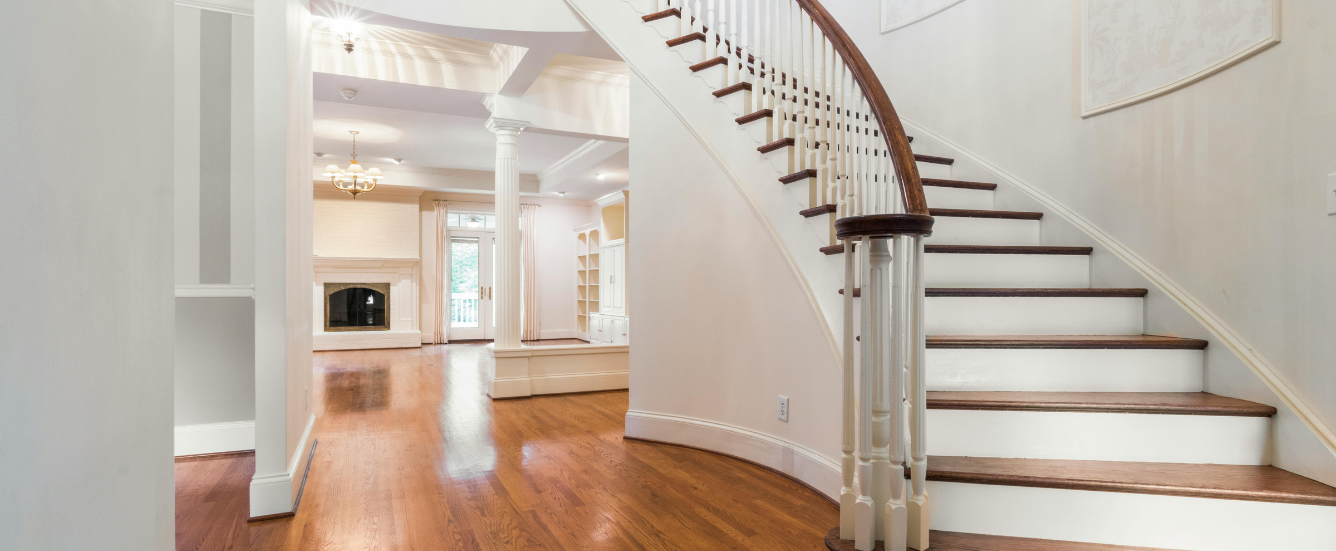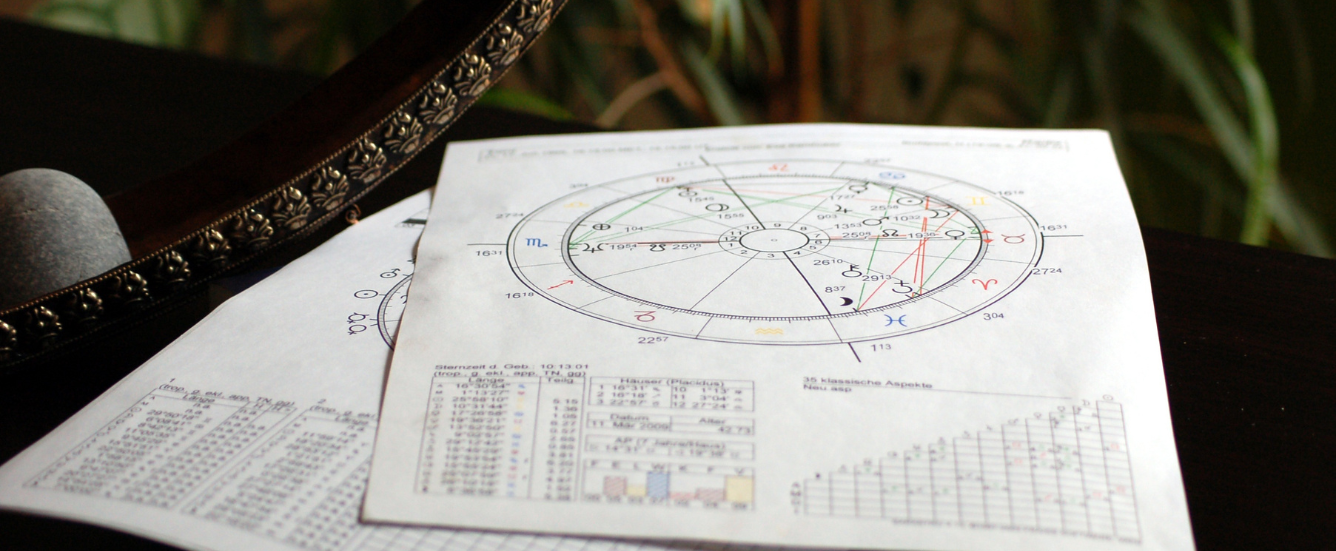Vastu Shastra is an ancient Indian science of architecture and has provided wisdom to the planning of homes and working spaces. Based on the belief that the flow of energy affects human life, traditional Vastu provides a set of stringent rules regarding direction, placement, and materials to promote prosperity, health, and happiness. With more demand for a scientific approach in the modern world, Logical Vastu has emerged as a functional and flexible alternative that merges traditional Vastu concepts with modern logic and scientific studies of structure.
So now coming to the point: What is the basic difference between Traditional Vastu and Logical Vastu? Let’s discuss the variants between the two and why Logical Vastu is settling into the preferred choices of most modern spaces.
Traditional Vastu: The Established Belief System
Traditional Vastu is largely based on energy fields and cosmic influences, firmly tied to ancient texts and scriptures that declare the inflexibility of principles that may not fit into the modern urban environment.
Key Features of Traditional Vastu
Directional Fixation: Traditional Vastu follow specific rigid activities that have to be done in predetermined specified directions. For example, the kitchen is always located in the southeast, while the bedroom is stationed in the southwest direction.
Religious Symbolism: Traditional Vastu seems to incorporate a lot of religious and mythological concepts, such as not placing temples in the southwest corner, which is also fine but it should also allow flexibility that is craved by urban environments. Traditional Vastu deemed the southwest an inauspicious place for a temple, or regarding the northeast direction as sacred.
Rigid Guidelines: Traditional Vastu follows non flexible principles. For instance, If a home design does not follow the traditional path of Vastu, then, in most cases, demolition is suggested instead of even a tiny adjustment.
Remedies Over Logic: There are logical adjustments one could make to the structure, but traditional Vastu relies heavily on external remedies such as placing pyramids, yantras, or chanting mantras, to correct Vastu faults.
Although these tenets worked well back in the days when houses were spacious and communities more harmonious with nature, modern infrastructure makes it just about impossible to obey these principles. Hence comes Logical Vastu™.
Logical Vastu: The Scientific Way of Understanding
Logical Vastu™, which is the latest variation of the traditional Vastu that remains in sync with the contemporary lifestyle but with modern solutions. It is defined by structural achievements and scientific reasoning. Theoretically speaking, it allows for greater freedom, making sure that functionality is complemented by balanced energy.
Scientific Flexibility: Logical Vastu™ always prioritizes a scientific approach and not being bound by rigid guidelines. It considers factors such as ventilation, availability of natural light, and ergonomic design rather than strictly adhering to directional laws.
Flexibility in Application: Unlike traditional Vastu, Logical Vastu™ allows working within guidelines enforced by existing structures and recommends only minor alterations or lifestyle changes rather than demolishing the existing structure for a new one.
Taking Into Consideration Psychological and Environmental Factors: Logical Vastu™ recognizes the psychological effect of space, which includes how colors, light, and spatial arrangement all affect mood, productivity, and wellness.
Optimising the Energy Flow: Instead of following the myth, Logical Vastu™ deals with scientifically proven ideas that aim to improve ventilation as well as space and environmental efficiency.
Comparing Traditional Vastu & Logical Vastu
| Aspect | Traditional Vastu | Logical Vastu™ |
| Methodology | Deeply based on traditional wisdom and rigid principles. | Believed in Logical Reasoning. |
| Directional Rules | The rules are fixed and have to be followed strictly. | The rules can be flexible based on the available space |
| Implementation | Many times, it requires major structural changes. | It works with the policy of non demolition until it’s required |
| Corrections | It relies on remedies like yantras and chants. | It employs logical and practical changes. |
| Modern Relevance | The Lower advantage in urban settings. | The best option for the modern architectural style. |
Why Logical Vastu is the Future
1. Practical Solutions for Modern Spaces
In city residences and commercial spaces, Vastu is not always adhered to in its strictest interpretation; in such cases, Logical Vastu™ provides efficient solutions that allow the maximum flow of energy, yet do not demand the necessity of impractical alterations.
2. Supported by Science and Psychology
In simple terms, Logical Vastu™ incorporates scientific principles, like light sources, ventilation and ergonomics. Thus, it ensures that the space promotes wellbeing and productivity.
3. Regarding Sustainability
Logical Vastu™ advocates eco – friendly designs, minimizing personal effects of the environment, and the best utilization of energy. It proposes a clean environment which contributes to future generations.
4. Focus on Individual Need
Logical Vastu™ has always recognized that each individual or space comes with unique requirements. It does not pose a generalized approach, it modifies general recommendations to adhere to some practical conditions.
Conclusion: Choose Wisely According To Your Needs
While Conventional Vastu believes in traditional wisdom, Logical Vastu™ maintains a balance between custom and practicality. Thus, when designing or remodelling a house or an office, the acceptance of Logical Vastu will translate into the benefits of positive energy, without compromising the comforts of the modern world.
At DivyVastu, we provide Logical Vastu™ solutions that blend scientific aspects with the traditional principles of energy. So if you seek Vastu advice that resonates with your modern way of living, our specialists will assist you.
Are you ready to invite positive changes into your existing space? Let’s make Vastu work for you—logically!










